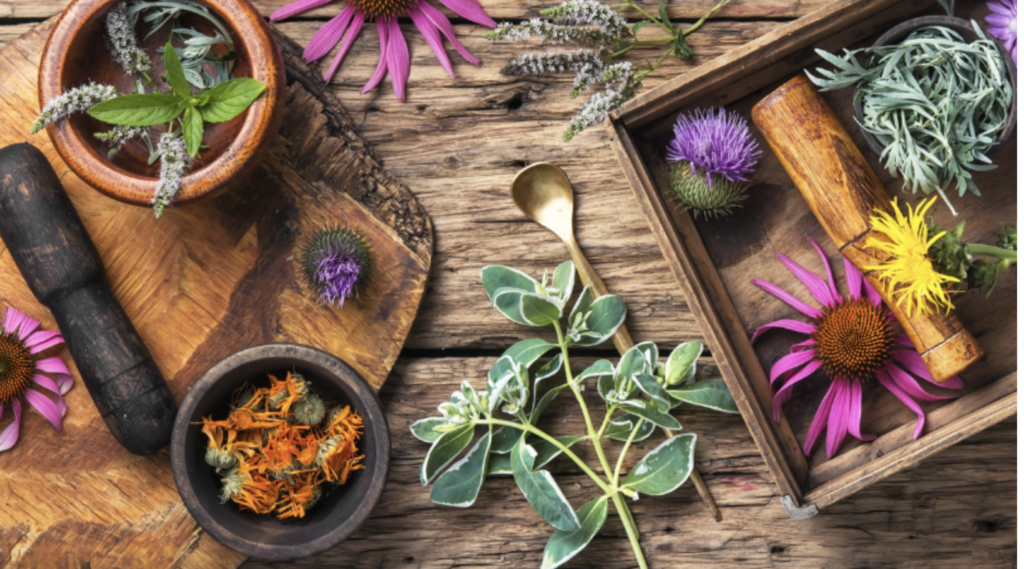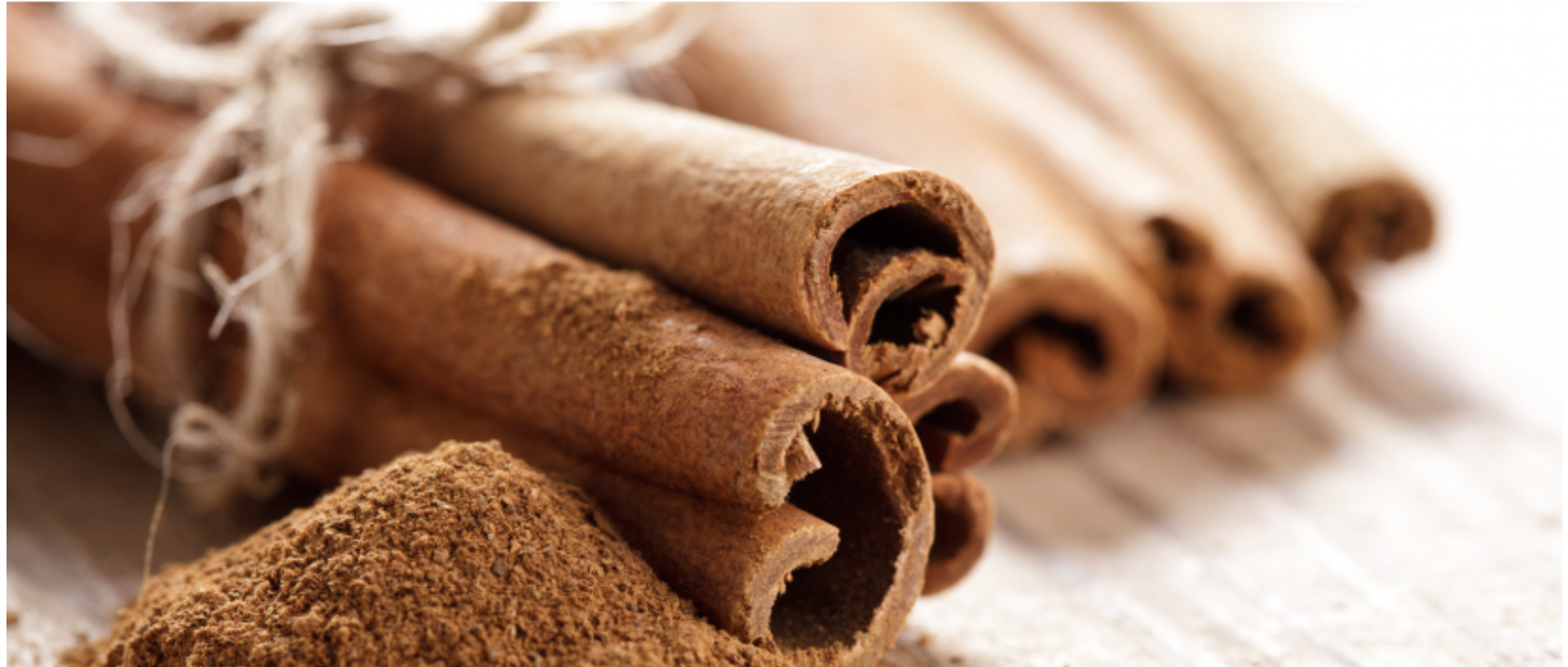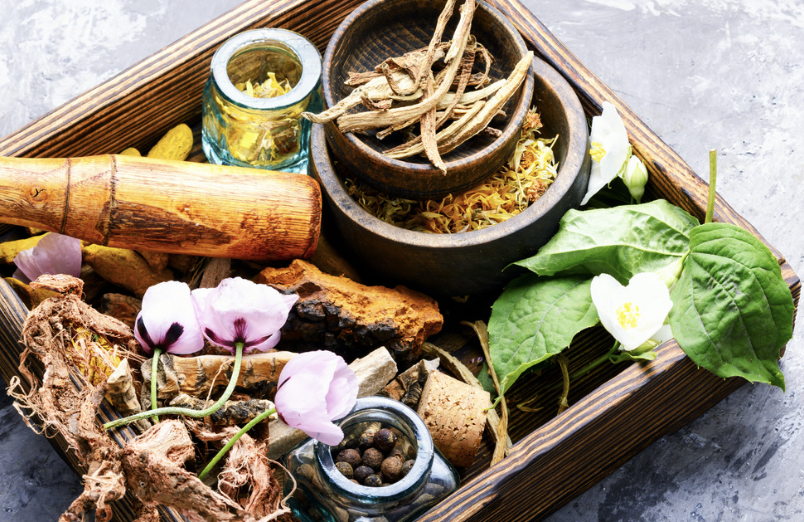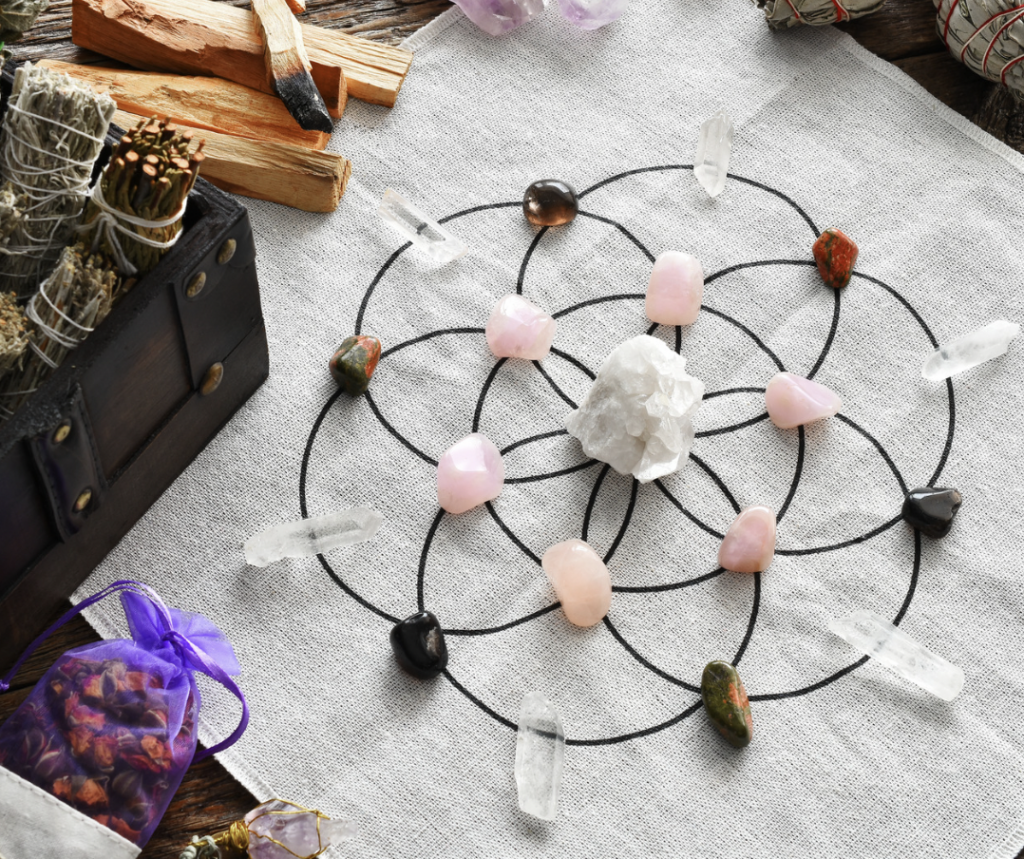
Unlocking the Magic of Herbs: A Comprehensive Guide to Their Benefits, Meanings, and Precautions
Are you tired of using the same old spices in your cooking? Want to spice up your life in more ways than one? Look no further than the fascinating world of herb folklore! Not only do herbs add delicious flavor to your meals, but they also have a rich history of medicinal and magical properties. From warding off evil spirits to promoting happiness and success, there’s no denying the allure of herbs.
So let’s dive into the world of herb folklore and discover the benefits, meanings, and precautions to consider when incorporating these magical plants into your daily routine.
Sage
Sage is a versatile herb that has been used in traditional medicine for its antibacterial and antifungal properties. It’s also believed to have magical properties, such as warding off evil spirits and negative energy. In addition, sage is said to enhance memory and improve mood.
Rosemary
Rosemary is a fragrant herb that is often used in cooking, but it also has a long history of use in traditional medicine. It’s believed to have antioxidant and anti-inflammatory properties and is said to improve digestion and memory. In addition, rosemary is believed to bring good luck and promote happiness.
Thyme
Thyme is a popular herb that has been used for its antiseptic and antibacterial properties. It’s also believed to have a calming effect on the body and is often used to treat respiratory infections and digestive problems. In addition, thyme is said to promote courage and strength.

Chamomile
Chamomile is a soothing herb that is often used to promote relaxation and relieve stress. It’s also believed to have anti-inflammatory properties and can be used to treat skin irritations and digestive problems. In addition, chamomile is said to promote happiness and prosperity.
Lavender
Lavender is a fragrant herb that is often used in aromatherapy for its calming properties. It’s also believed to have antiseptic and anti-inflammatory properties and can be used to treat headaches, anxiety, and insomnia. In addition, lavender is said to promote love and devotion.
Echinacea
Echinacea is a popular herb that is often used to boost the immune system and prevent colds and flu. It’s also believed to have anti-inflammatory and antioxidant properties and can be used to treat skin infections and digestive problems. In addition, echinacea is said to promote good health and happiness.

Ginseng
Ginseng is a potent herb that is often used in traditional medicine for its cognitive and physical benefits. It’s believed to improve mental clarity and memory, and can also be used to reduce stress and fatigue. In addition, ginseng is said to promote longevity and vitality.
Ginger
Ginger is a flavorful herb that is often used in cooking and traditional medicine. It’s believed to have anti-inflammatory and antioxidant properties and can be used to treat nausea, headaches, and menstrual cramps. In addition, ginger is said to promote passion and success.
Marigold
Marigold is a vibrant herb that is often used for its medicinal properties. It’s believed to have antiseptic and anti-inflammatory properties and can be used to treat skin irritations, wounds, and digestive problems. In addition, marigold is said to promote joy and good fortune.

Dandelion
Dandelion is a common herb that is often considered a weed, but it actually has many health benefits. It’s believed to have diuretic and detoxifying properties and can be used to treat liver problems and digestive issues. In addition, dandelion is said to promote clarity and purification.
Mint
Mint is a refreshing herb that is often used in cooking and aromatherapy. It’s believed to have a cooling effect on the body and can be used to treat digestive problems, headaches, and nausea. In addition, mint is said to promote communication and clarity.
Basil
Basil is a versatile herb that is often used in Italian cuisine. It’s believed to have anti-inflammatory and antioxidant properties and can be used to treat respiratory problems and digestive issues. In addition, basil is said to promote love and happiness.

Parsley
Parsley is a nutrient-dense herb that is often used as a garnish. It’s believed to have diuretic and anti-inflammatory properties and can be used to treat urinary tract infections and digestive issues. In addition, parsley is said to promote purification and protection.
Cilantro
Cilantro is a flavorful herb that is often used in Mexican cuisine. It’s believed to have antioxidant and anti-inflammatory properties and can be used to treat digestive issues and high cholesterol. In addition, cilantro is said to promote love and passion.
Oregano
Oregano is a fragrant herb that is often used in Mediterranean cuisine. It’s believed to have antioxidant and antibacterial properties and can be used to treat respiratory infections and digestive problems. In addition, oregano is said to promote courage and happiness.

Sagebrush
Sagebrush is a herb that is native to North America and has been used for centuries by indigenous cultures for its medicinal and spiritual properties. It’s believed to have antimicrobial and anti-inflammatory properties and can be used to treat respiratory infections and skin irritations. In addition, sagebrush is said to promote purification and protection.
Lemon Balm
Lemon balm is a citrusy herb that is often used in aromatherapy and traditional medicine. It’s believed to have calming and anti-anxiety properties and can be used to treat insomnia and digestive problems. In addition, lemon balm is said to promote clarity and focus.
Fennel
Fennel is a herb that is often used in Mediterranean and Indian cuisine. It’s believed to have anti-inflammatory and digestive properties and can be used to treat bloating and indigestion. In addition, fennel is said to promote courage and strength.
Lemongrass
Lemongrass is a fragrant herb that is often used in Asian cuisine. It’s believed to have anti-inflammatory and antioxidant properties and can be used to treat digestive problems and high blood pressure. In addition, lemongrass is said to promote clarity and purification.

Peppermint
Peppermint is a refreshing herb that is often used in aromatherapy and traditional medicine. It’s believed to have a cooling effect on the body and can be used to treat headaches, nausea, and indigestion. In addition, peppermint is said to promote communication and clarity.
Rose
Rose is a fragrant herb that is often used in beauty products and aromatherapy. It’s believed to have anti-inflammatory and antioxidant properties and can be used to treat skin irritations and digestive problems. In addition, rose is said to promote love and beauty.
Cinnamon
Cinnamon is a warming herb that is often used in cooking and traditional medicine. It’s believed to have anti-inflammatory and antioxidant properties and can be used to lower blood sugar levels and reduce the risk of heart disease. In addition, cinnamon is said to promote success and abundance.

In conclusion, herbs have played an important role in human history and continue to do so today. Whether you’re interested in their magical properties, medicinal benefits, or symbolic meanings, there is no denying the allure of herb folklore. By incorporating herbs into your daily routine, you can tap into their rich history and enjoy their many benefits.
However, it’s important to remember that not all herbs are safe for everyone to use. Before starting a daily routine with herbs, it’s important to consult with a doctor or other qualified healthcare provider to make sure that the herbs are safe for you to use and won’t interact with any medications or health conditions.
So why not try incorporating a few herbs into your daily routine and see how they can benefit you? With so many different herbs and their unique properties, there’s sure to be something that appeals to everyone!
Published in Herbal Health and Wellness





Responses